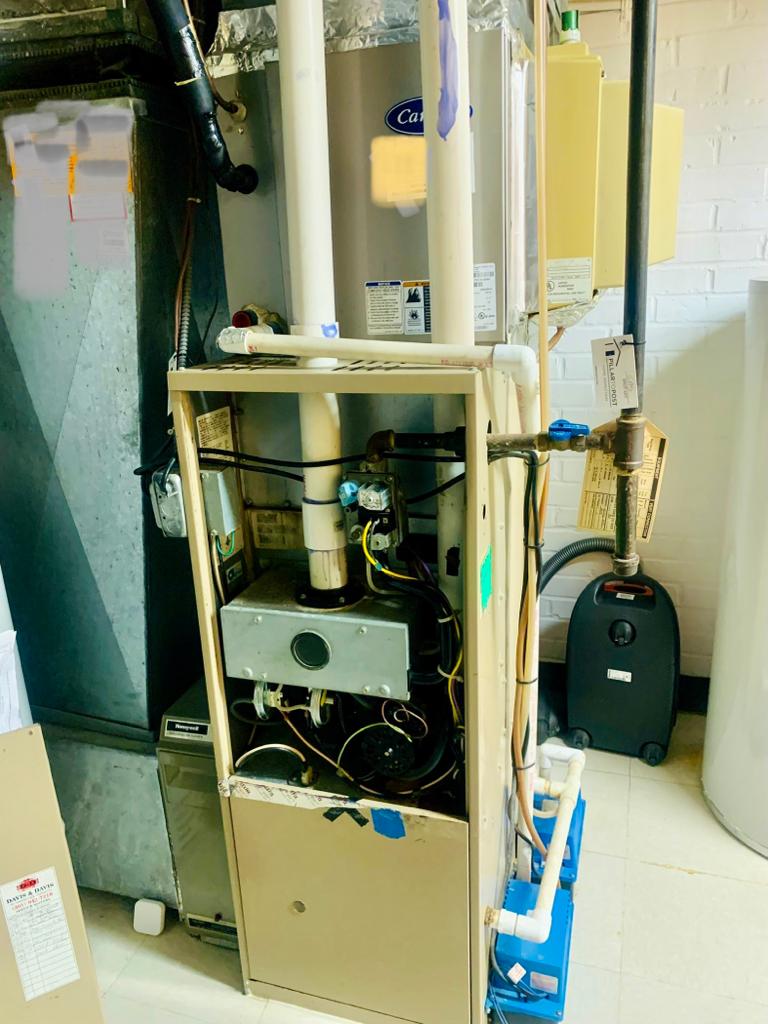
On long winter nights, your furnace keeps your house warm and cozy. Furnaces can develop problems and stop working. A furnace problem can affect your system’s efficiency and lead to costly repairs. In a worst-case scenario, a malfunctioning furnace can explode causing property damage and injuring people.
Here are Some Points for Need Emergency Furnace Repair
Here are some signs there’s something wrong with your furnace and you should schedule emergency furnace repair immediately.
Pilot Light Flame is Yellow
If your pilot light flame is yellow or orange, the gas is not burning at the optimal temperature. A yellow pilot light flame not only suggests that your gas furnace isn’t functioning correctly, but it could also signal a potential carbon monoxide leak. Carbon monoxide poisoning can cause breathing problems and even death. CO is a highly flammable gas and can react with air at room temperature to form an explosive mixture. Instead of trying to fix the problem yourself, have a professional look into it.
Unusual Noises
Loud grinding, rattling and squealing and screeching noises could mean your furnace is in trouble. High-pitched grinding noises could indicate that a part has worn out , whereas loud rattling noises coming from your furnace could mean that an access panel or door is loose. Squealing and screeching noises can be caused by a worn out or damaged belt or a malfunctioning blower motor.
If you notice these or any other unusual noises coming from your furnace, schedule emergency furnace repair in Herndon immediately.
CO Detector Keeps Going off
If you don’t have a CO detector, now is the right time to get one installed. Furnaces emit carbon monoxide, a colorless odorless and poisonous gas. If there is a problem with your furnace, large amounts of CO could leak into your home. When a CO detector senses elevated levels of CO in the air, it alerts you. If your CO detector keeps going off, your furnace may have run into a problem that can cause safety hazards.
Short Cycling
“Short cycling” occurs when your furnace continually turns on and off without attaining the desired temperature.It can be caused by blocked exhaust pipes or dirty air filters. Short cycling can increase wear and tear on your system or affect its efficiency. Before things go from bad to worse, schedule emergency furnace repair in Manassas.
Furnace Isn’t Producing Warm air
This is one of the most obvious signs that your furnace needs repair. A dirty/clogged filter and faulty pilot light or burner can affect your furnace’s ability to produce warm air. An HVAC expert will identify the root cause of the problem and address it, ensuring you get a long-term solution.
You Smell gas
If you smell gas, stop using your furnace and switch off the main gas line. Get out of your home and call your utility service provider to schedule an inspection. Do not under any circumstances try to fix the problem yourself. Once your provider’s team fixes the gas leak, have an HVAC expert check your furnace to determine if there’s something wrong with it.
Furnace Won’t Start
The last thing you need on a chilly winter evening is a furnace that refuses to start. Furnace starting problems can be caused by a damaged thermostat or heat exchanger, faulty wiring, clogged air filters and dirty flame sensors or coils. Do not ignore the problem and have a professional inspect your furnace immediately.
Water Leaks
If you notice water accumulating beneath your furnace, the system may have sprung a leak. The problem can also be caused by a clogged condensation drain or dirty internal drains. If a humidifier is connected to your furnace and it malfunctions, it can cause water to accumulate around your furnace.
Another common sign of furnace problems is water dripping from the walls of your basement. If your furnace is leaking water, switch it off and call a professional immediately.
Is your furnace not heating properly? Let AVS Heating and Air Conditioning help. To ensure our customers aren’t left high and dry when a furnace emergency occurs, we work 24/7. To schedule an emergency repair, call 703-457-9028.


